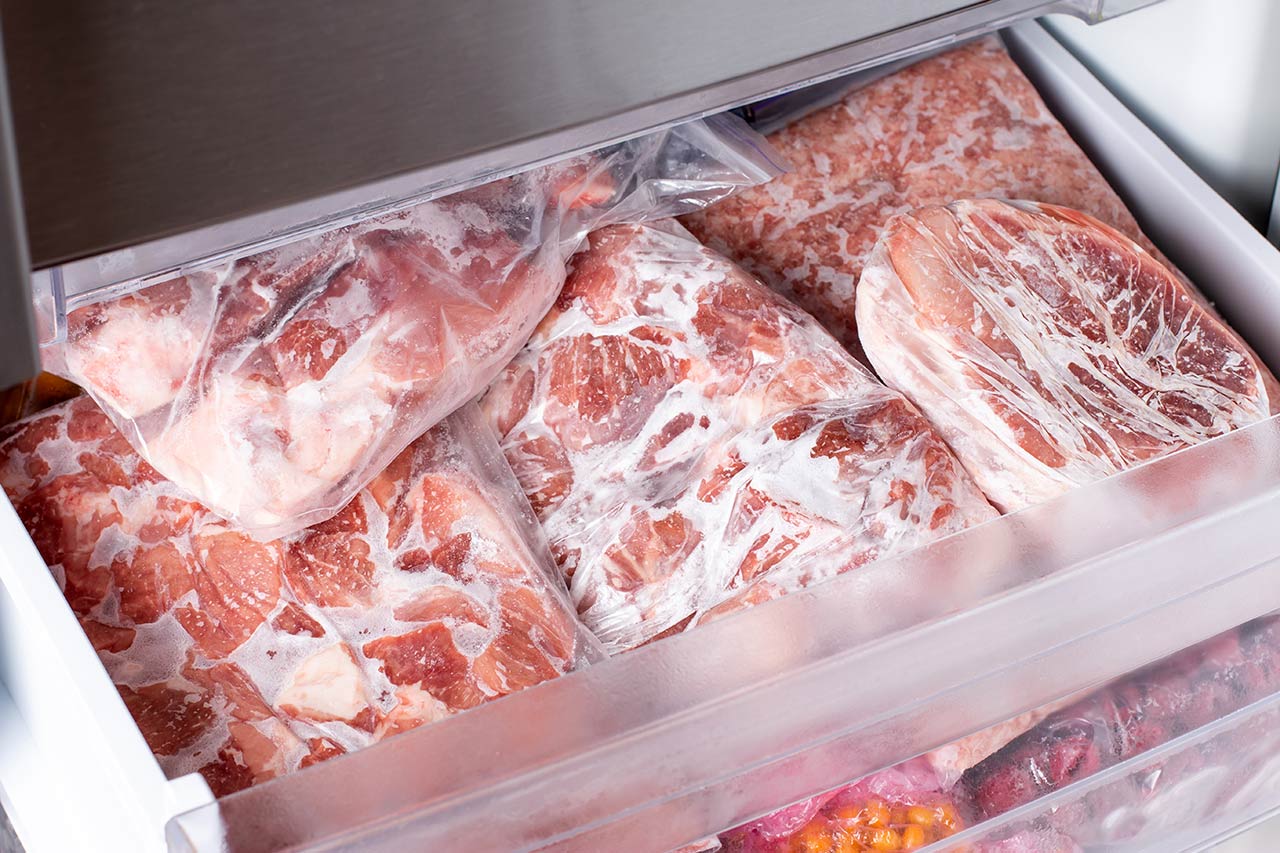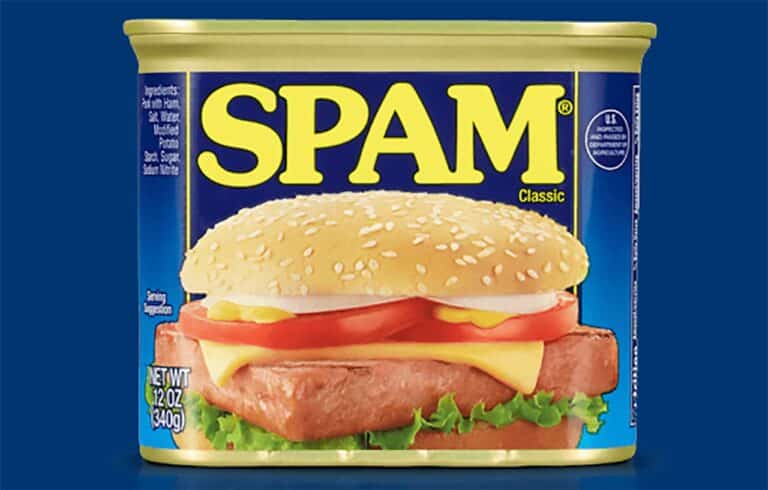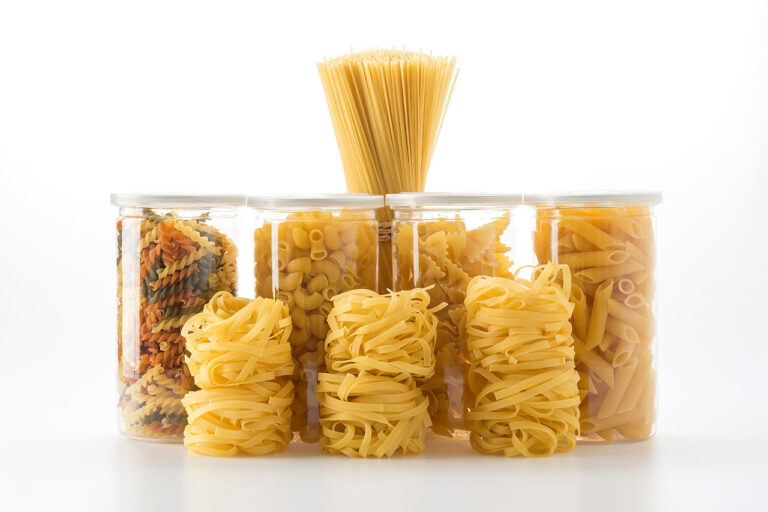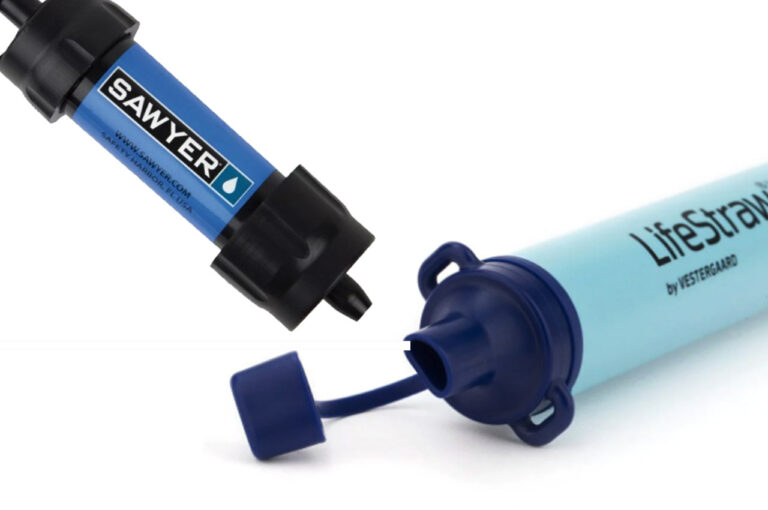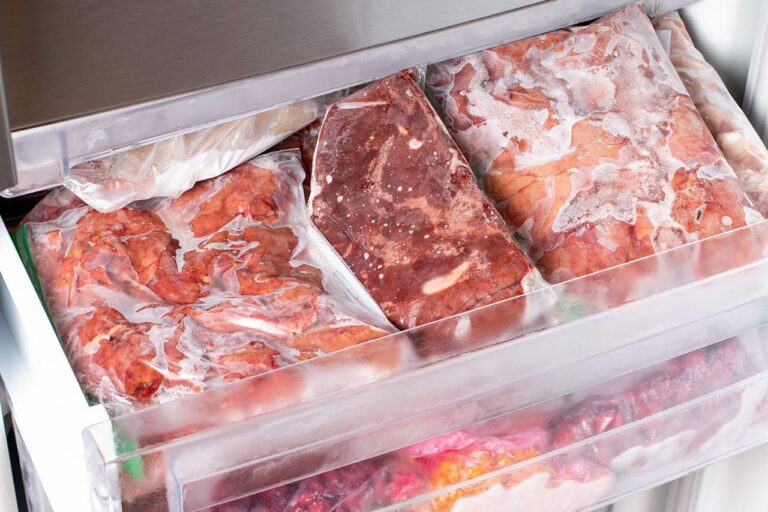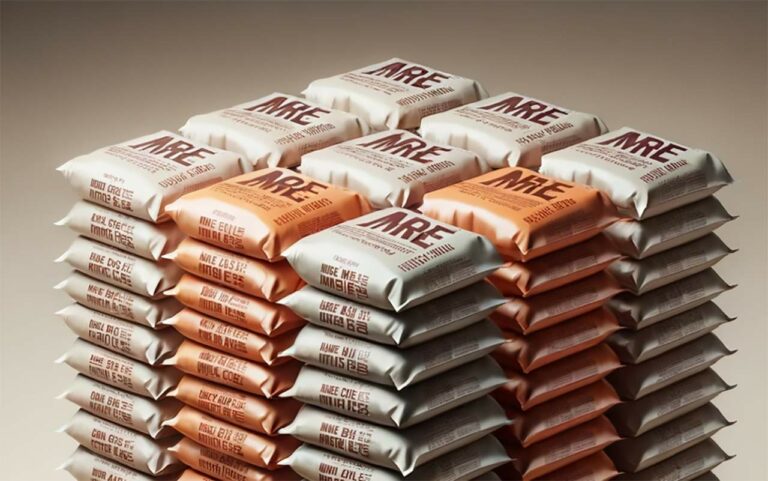How Long Does Venison Last In The Freezer? (What To Know)
When it comes to storing meat from a hunt, like venison, you want it to last as long as possible. A long-lasting meat supply can reduce your food costs, and be essential in a survival situation.
Like with all things food, how long venison will stay good in a freezer depends on a few factors, including how the meat is prepared and storage conditions.
To ensure your venison lasts as long as it can, let’s get into some smart storage techniques that will not only guarantee a delicious meal, but will also contribute to overall food safety.
Factors Affecting Venison Longevity in the Freezer
When it comes to storing deer meat in the freezer, several factors can influence its quality and longevity. Knowing how to properly handle and store venison is crucial for maintaining the best taste and preventing deterioration.
Handling
The quality of the any hunted meat is significantly impacted by how it is handled during field dressing and the butchering process. The quicker you can field dress a deer and process it, the better tasting the meat will be. Make sure you are following proper field dressing techniques and processing your game meat promptly to ensure the best results.
Freezing Temp
Freezing venison at a consistent temperature is key. The USDA recommends a temperature of 0°F (-18°C) for storing frozen meat. This maintains freshness and slows down the aging process.
Storage Container
Keeping air away from your venison is essential for long-lasting freezing. Package your venison in airtight, moisture-resistant wrapping to prevent freezer burn. Vacuum sealing is one of the best methods to achieve this. If you don’t have a vacuum sealer, use freezer bags and do your best to remove all air.
Processing Before Freezing
Processing deer meat correctly plays a vital role in its longevity. Removing excess fat, connective tissue, and silver skin ensures that the meat freezes well and retains its quality. Trimmed and properly processed venison is less susceptible to deterioration in the freezer.
Aging and Curing
Aging and curing venison can also affect its freshness and freezer storage life. Aging your meat in a controlled environment before freezing may improve its tenderness and flavor, while curing will not only alter the taste but can extend the shelf life.
Average Freezer Life
Venison is considered game meat, which generally has a shorter lifespan compared to other meat types. That said, when stored under optimal conditions, venison can last up to 12 months for cuts like roasts, steaks, and chops. Ground deer meat has a slightly reduced shelf life of around six months.
Proper Storage of Venison in the Freezer
To keep your venison fresh and tasty for as long as possible, it’s crucial you store it properly in the freezer. Ideally, venison should be stored at 0°F to ensure its quality. There are several methods you can use to store venison in the freezer, but they all have one goal in mind: reducing exposure to air.
Vacuum Sealing
One of the best methods for storing venison in the freezer is vacuum sealing. Using a vacuum sealer, you can remove air from the packaging while sealing your venison in a durable plastic bag. Vacuum sealed venison has a longer shelf life and is less likely to become freezer burned. Vacuum sealing also helps preserve the taste and texture of the meat.
Double-Layering
If you don’t have access to a vacuum sealer, you can still store your venison effectively in a freezer. Try wrapping the meat in plastic wrap or butcher paper, then in aluminum foil, before putting it in a freezer-safe plastic bag. This double-layered wrapping will help keep air out and protect the meat from freezer burn.
Freezer Paper
Another option for storing venison in the freezer is using freezer paper. This thick paper is designed to keep moisture in while preventing freezer burn. Simply wrap the venison tightly in the freezer paper and secure it with freezer-safe tape. Be sure to label your packaging with the date, so you know when it was stored.
Regardless of which storage method you choose, it’s important to minimize air exposure to the venison. Air can introduce bacteria, lead to freezer burn, and decrease the overall quality of the meat. By storing your venison properly, you’ll be able to enjoy its delicious flavor for up to 8-12 months for roasts and steak cuts, or up to 6 months for ground venison, though it usually tastes best within 3 months of freezing.
Specifics of Storing Different Types of Venison
When it comes to storing venison in the freezer, different cuts and types require different approaches.
Ground Venison
Ground venison is the most vulnerable cut of venison. While it can potentially remain good for up to 6 months, it’s best when consumed within 3 months of freezing.
To store ground venison, wrap it tightly in plastic wrap or freezer paper, or better yet, use a vacuum sealer. Don’t forget to label it with the date, so you can track the storage period.
Steaks
Venison steaks are generally good for up to 9 months in the freezer, though they’re safe to eat up to a year.
To maintain the best quality, store steaks individually, wrapped tightly in plastic wrap or freezer paper. Vacuum sealers work great here too. Like ground venison, don’t forget to label the package with the date.
Roasts
Venison roasts, like steaks, can be safely stored in the freezer for up to 12 months, though enjoying them within 8-9 months will yield the best quality.
To store, wrap each roast tightly in plastic wrap or freezer paper, and consider using a vacuum sealer to minimize air exposure. Remember the date label.
Cured Venison
Cured venison, like smoked sausages or jerky, can be stored in the freezer for 5 to 6 months. For fresh venison sausage, it’s best to consume them within 2 to 3 months. Store cured venison in vacuum-sealed bags or tight freezer-safe containers, and as always, label with the date to keep track of storage times.
Whatever your venison cut, maintaining a consistent freezer temperature of 0°F is the most essential factor for optimal freshness. Remember to check for any signs of freezer burn or excessive ice crystals before consuming the meat.
Signs of Spoilage in Venison
Knowing how long to store venison in the freezer is a good start, but knowing the signs of spoilage in venison is essential to ensuring that the meat you consume is safe to eat. There are various indicators that venison has gone bad, and by paying close attention, you can avoid consuming spoiled meat.
Slime
One obvious sign of spoilage in venison is a slimy or sticky texture on the surface. Fresh venison should feel firm and slightly moist, but never slimy. If it feels slimy to the touch, it’s time to discard the meat.
Discoloration
Discoloration is another sign good venison has gone bad. Fresh venison should have a deep red color, while spoiled meat often turns a dull brown or develops a greenish hue. Keep an eye out for any changes in the color of your stored venison.
Smell
Smell is a critical factor in determining if venison has gone bad. Fresh venison has a mild, gamey smell but should not have a strong odor. If your venison gives off a pungent, sour, or rancid smell, it’s likely spoiled and should not be consumed.
Sometimes venison can take on an off smell or develop a slightly slimy texture due to being stored in a vacuum-sealed bag or tightly wrapped in plastic. In these cases, you can let the meat air out for a few minutes, and the smell and slime may dissipate. If the odor remains strong or the slimy texture persists, it’s best not to take any chances and discard the meat.
Remember, always trust your instincts when it comes to spoilage. If the venison doesn’t look, feel, or smell right, don’t risk your health by consuming it. Proper storage and timely consumption are key to ensuring the safety and quality of the venison you eat.
Frequently Asked Questions
How long can I store vacuum sealed venison in the freezer?
Vacuum sealing venison is an excellent method to preserve its quality and extend its shelf life. When properly stored in a vacuum-sealed package, venison can last in the freezer for up to 12 months. However, the quality may begin to deteriorate after 8 to 9 months. It’s always a good idea to label the package with the date you stored it so you can keep track of how long it’s been in the freezer and ensure the quality remains top-notch.
Is deer meat still edible after 3 years in the freezer?
While the USDA recommends consuming frozen venison within 12 months for the best quality, it’s possible for deer meat to still be safe to eat after 3 years if it’s been properly stored and frozen throughout that time.
That doesn’t mean it will be the same high quality, though. You may notice a decline in taste, texture, and overall quality after such an extended period. Before consuming venison that has been in the freezer 3 years or more, thoroughly inspect the meat for signs of freezer burn or spoilage, and trust your senses when evaluating its condition.
Does venison fat spoil while frozen?
Venison fat, like the meat itself, can spoil over time even when frozen. However, the rate at which it spoils is much slower in a frozen state. When properly stored, venison fat can last up to 12 months in the freezer, but the quality may begin to degrade after 8 to 9 months. It’s important to properly wrap and store venison fat, just like the meat, to prevent exposure to air and slow down the spoiling process.

